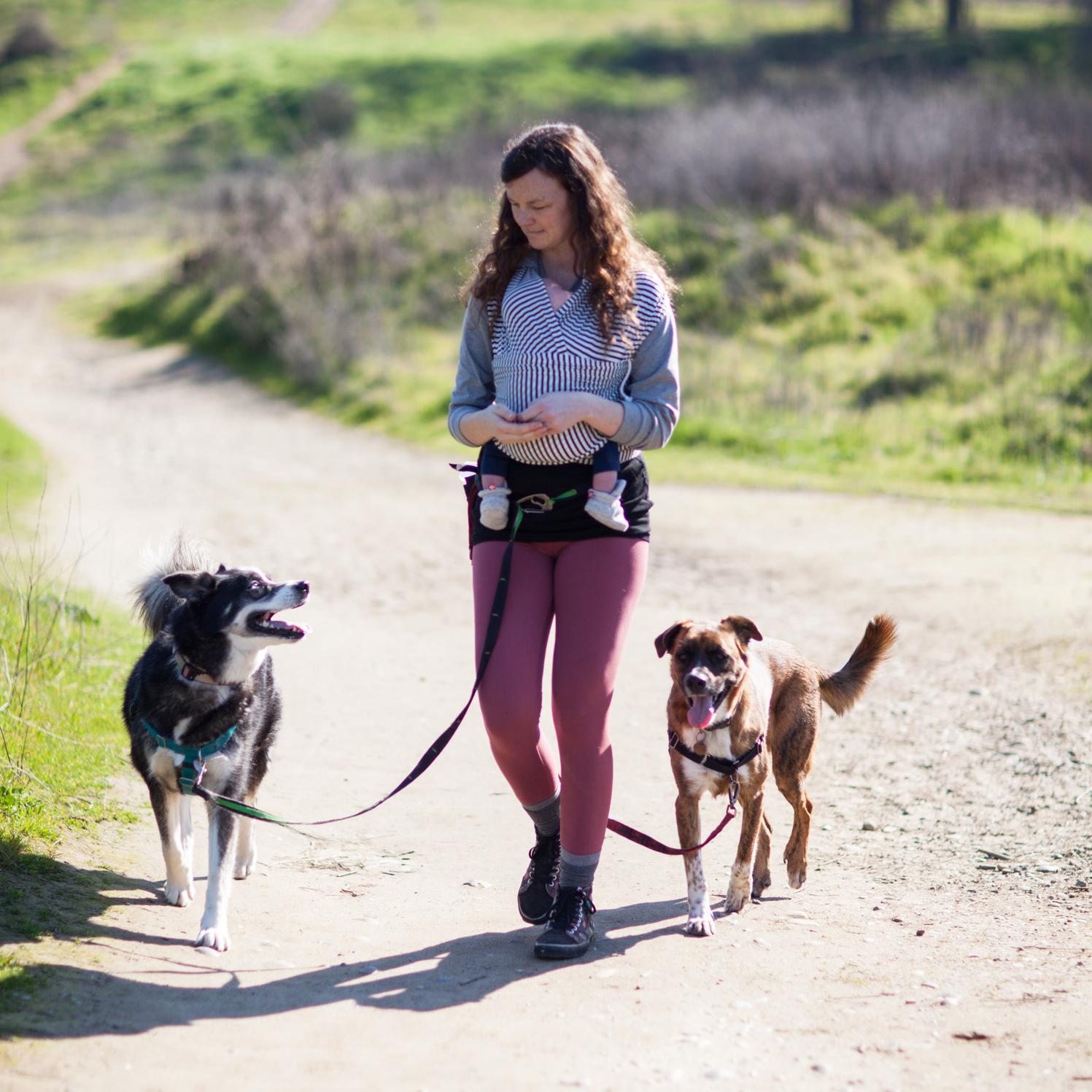Today’s discussion is less about teaching/strengthening new behaviors and more about problem solving. Are there any cues that you give your dog that elicit a super sluggish, and dare I say slightly saucy response? Do you get the canine equivalent of an eye roll or a literal sigh when you give this cue? Do you have to repeat yourself multiple times to get the behavior? Or does your dog simply turn around and walk away when she hears it? Then you may have a poisoned cue.
A poisoned cue is a cue that has come to have a negative association. This can result in begrudging performance, slow performance, refusal or even avoidance of the handler when the cue is given! The first thing to understand about poisoned cues is that it is NOT the result of your dog being a jerk, being “dominant” or stubborn. It’s the result (as is everything else) of learning history.
The most common poisoned cues I see are recall cues. When dog owners complain to me that their dog is ignoring their recall cue, I usually ask if the dog is often called in from the yard when playtime is over. Or for dogs that frequent the dog park - are they often called to their owner and then leashed up and removed? Often we have begun punishing these behaviors without realizing it. Ending free exploration time and being brought indoors, often to hang out alone for a long stretch of time is pretty dang punishing to many dogs. They quickly learn that the recall cue is a signal for “all good things are over now.” Umm… why should I come for that?
The other factor that could be at play when it comes to a poisoned recall cue is a history of more overt punishment. A dog that has slipped her leash a few times or darted out the door may have been punished at the end of her “joy ride.” Now think about it - was she punished for running away? Or for returning? The answer is returning. Your dog has no way of knowing that you’re punishing them for an earlier behavior. She’s going to connect your actions to the most recent behavior - returning to you.
This can happen with a variety of behaviors, though, not just recall. Some behaviors may be uncomfortable - a physical position they don’t like, or may make them feel vulnerable (like being asked to lay down while they’re feeling insecure or exposed). A long time ago, I tried teaching Koa to “sit pretty.” She let me know pretty early on that she was not a fan of that position. It’s just not comfortable for her body shape. So, we don’t work on that. Mooch on the other hand has no problem with the goofy pose.
Solutions
So one obvious solution for behaviors that simply aren’t comfortable for your dog is just skipping those behaviors. Come up with something your dog does enjoy or capture (link) a behavior that comes natural to your dog!
But with something like a recall, that we may need our dog to know, there are a few things you can do.
- Scrap the cue. Remove the cue entirely and go back and re-teach the behavior as if it was a brand new skill.
- Rename the behavior. Find a new, fresh cue, that hasn’t been tainted with a negative association. If your recall cue was “come,” you can switch to “here!” Or literally anything else. “Venga” “pronto” “let’s go” “catch me if you can” - feel free to have fun with your cues and not be constrained by tradition!
- REINFORCE THE HECK OUT OF YOUR DOG. If your issue is something like frequently calling your dog inside when playtime is over, make a game out of calling him to the house, giving him a few fabulous treats, and then releasing him back to play outside some more. The more often you do this, the easier it’ll be when 1 out of 23 times you actually do bring your dog inside to end playtime. You can also make coming inside when playtime is over more worth his while by providing an enriching activity indoors. A food puzzle, destructible item, frozen KONG, etc.

